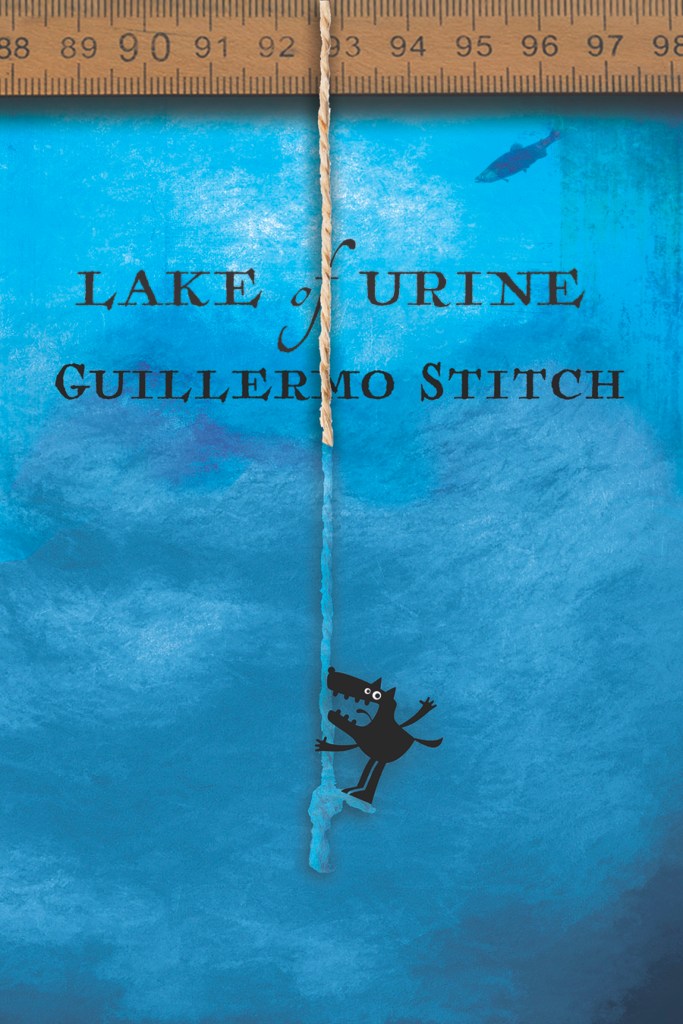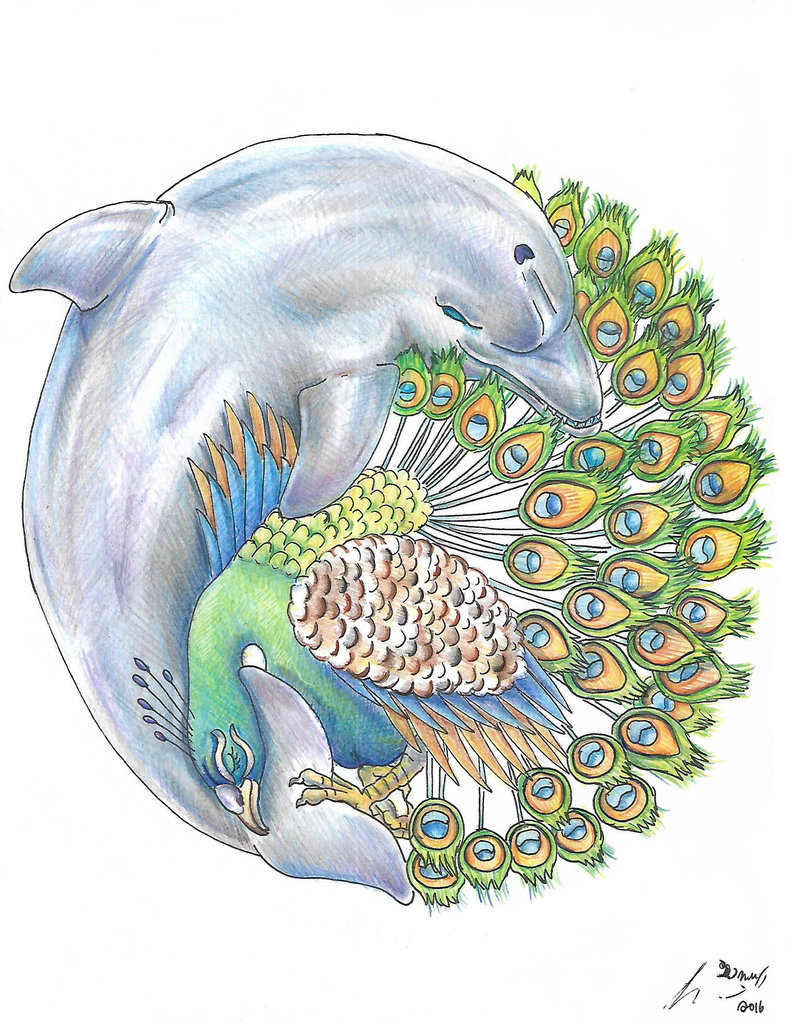
This original work begins as a comedy of sophisticated, staged moments, which appear to be ill-planned mishaps misfiring with intriguing results. It is a distinct and satisfying form of entertainment. Stitch’s novel, however, turns out, by and by, to be much more.
Simple concepts are infused with elaborate invention, complex scenarios are spun out for the sheer novelty of the method, archly described by Señor Stitch. His writing is constantly surprising, and the fecundity of his language deserves all the accolades. Sagging Meniscus publishes unconventional literature, and this fits in with their mystique.
At bottom, amid the multifarious themes tackled in this novel, a few stand-outs are: Domestic violence, tenderness, and family trial. It is cheekily old fashioned and postmodern at the same time. Also more substantial than its slim design would lead you to believe.
The author contemplates human relations with stark and unabashed honesty, sidelong, through the medium of parody, across a wide array of settings, all amply described, immersive, and brutally comic, the pages beset with gestures both lurid and poignant.
The high production quality and elegant design are enough to lure you toward the paperback version as opposed to the ebook, I wager, but the inherent mystery in the setting and the precise narration will likely stick with you.
Noranbole is one of our lenses onto this bizarre version of the world. At first depicted as the ideal feminine alongside Urine, who is seen as trouble and undesirable. Later development’s in the characters’ lives belie these simple categorizations.
The strange relationships to come are explicated through suggestive, experimental, playful dialogue, exquisitely wrought oddness, and bland but multifaceted observations, as imagery and commentary combine to construct an eerie depth of setting.
The mysterious lake, unplumbed, affords the narrator more opportunity to enact his string-based mania for measurement. This is our opening dose of comical, hyperbolic strangeness. More magical realism awaits, as characters discuss such precise aversions and troubles as occur at every juncture, hinting at the underlying mechanisms of their personas. Hapless wannabes, businessmen with quirky agendas, sports commentators with religious commitment all make appearances. All the while, the author is punning, funning, with boisterous improv, raptalk rhythm, rare vocab, as the wolves of his atmospheric suggestion wait in the margins. Some of these portrayals make use of skewed English and malapropisms, mutilating speech for comic effect, with exaggerated wordplay, charming with smarm, often putting things in an off-putting way, until the absurdity is ratcheted up, until miracles occur and are taken at face value. This is all underpinned with exotic and precise details.
Spattered with foreign phrases, colorful sideline characters the exact opposite of clichés, wacky names, impromptu branding, and multicultural spice take us to the midway point in the story, where bureaucratic corporate satire takes over. It is seen as an accumulation of its constituent people, their flaws compounding by virtue of organizing into a larger body. Improvised business jargon provides plentiful chuckles. I was reminded of the Strugatsky Bros. in Monday Begins on Saturday. The vicissitudes of working at an emporium are some of the most enjoyable parts of the novel. Wheedling, ingratiating blowhards and buffoons, corporate double-speak, overreacting caricatures and more, will stick in the memory. It is an extravaganza, with diverse inclusion of foodstuffs, a pleasure-filled romp to delight the senses ensues, utilizing a splendid variety of metafictional devices. The winner for best Pynchonian name in the book is Amerideath.
Some semantics, commentary, and perverse behavior are thrown in allow Stitch to play human follyball with these fictional lives. Meat patty flipping hobbyists? Why not? If that is not enough, with searing intelligence, he pulls off the multi-hundred word sentence. The on-the-nose humor is sustained until it begins to feel like Monty Python with a few steampunk stylings, chock full of morbidity and hilarious hijinks. From Big City to Small Town, we traverse Emma’s section of the novel to be confronted with something entirely different. The book employs a more traditional narrative here, with focus on drama and depth of character. He satirizes small town life as well as city life but through a new lens, displaying a knowledge of etiquette and social mores, through delusions and portmanteaus.
The peculiarities of Emma’s hubbies are anything but ordinary. They are repressed and representative archetypal characters, through which he explores the fears of parenting and marriage, the perils of home life, and familial petulance. These querulous, well-sculpted characters are fodder for his ravening wit, not bereft of poetry or poetic license, and often succumbing to literary tricksterism. Emma’s creative childcare, the novel’s depiction of parental obsolescence, woes, and power struggles, is on point, being a world unto itself. This departure from the absurdities of the satire to enlarge upon pastoral domestics are never mundane. The tribulations of Emma, whose surname changes as regularly as the tides, allows the author to drop all pretense, and lapse into riveting dramatic action, without comedic conveniences, to concoct narrative tension for a high crescendo.
I was delighted by the Rococo furniture descriptions, elaborate visual collage work, even as the tone of the book mellows, matures into solemn, well-paced storytelling, recounting character backstory, and in the final part construes through legalized, parodic language a formal approach, and puts on further sophistication, ornamentation, and vernacular.
All around an impressive and entirely unique work of fiction.


Leave a comment